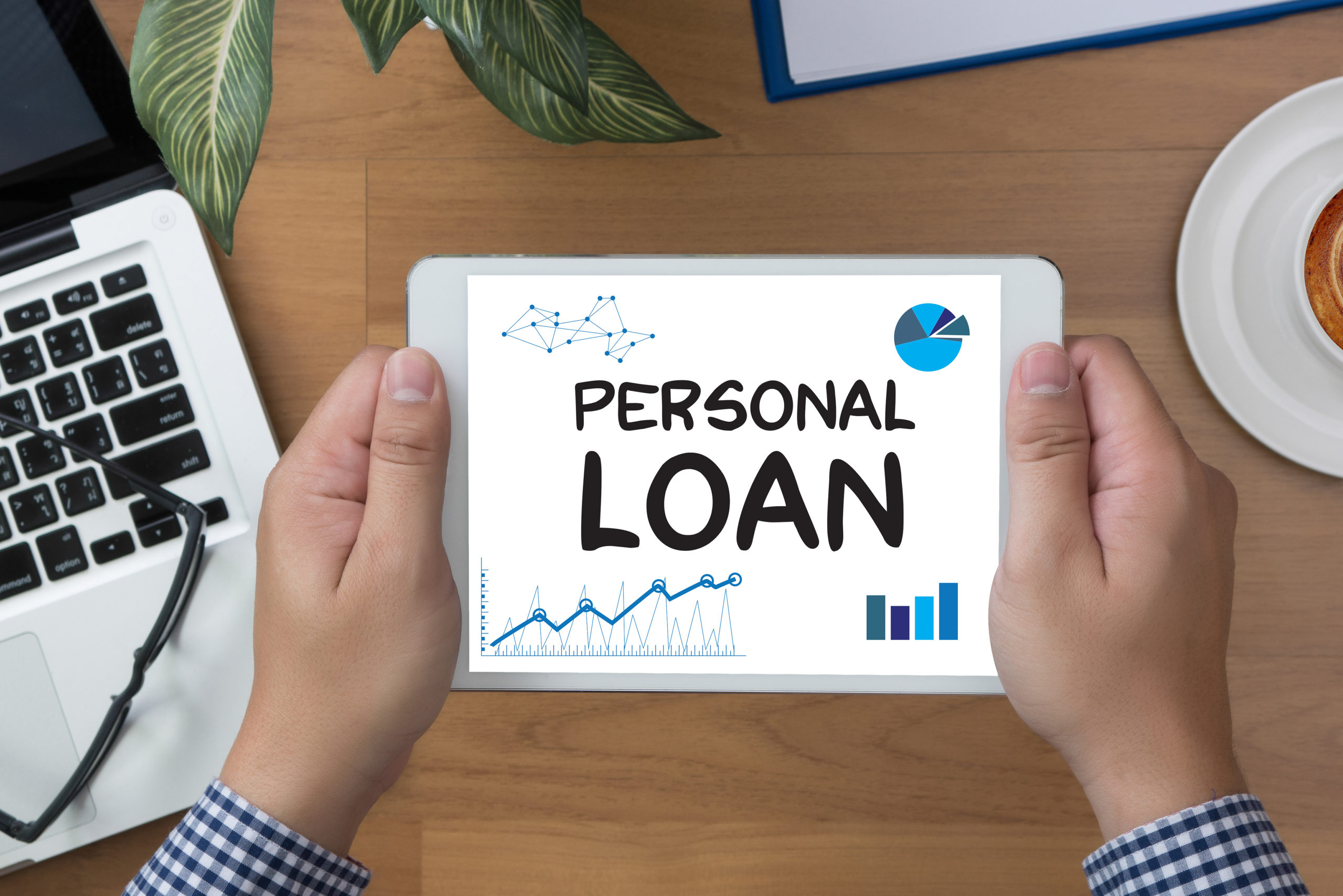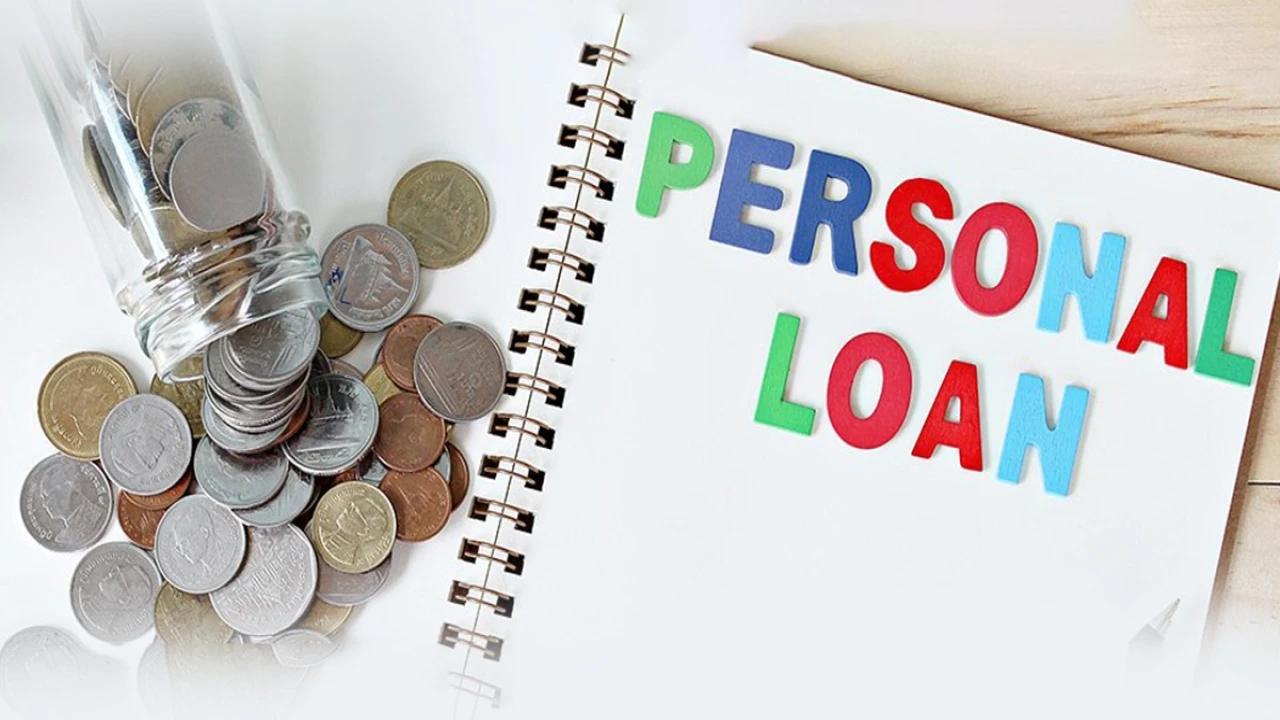When you need funds to cover an emergency, consolidate debt, finance a big purchase, or pay for a life event, a personal loan can be a viable solution. But before you apply, you probably wonder: Do I qualify for a personal loan?
Understanding the loan eligibility criteria, how lenders evaluate your application, and what you can do to improve your chances is crucial. This article will guide you through everything you need to know to find out if you qualify for a personal loan and how to increase your likelihood of approval.
Key Takeaways
- Personal loan eligibility largely depends on credit score, income, and debt-to-income ratio.
- A credit score of 650+ typically increases your chances of approval with better interest rates.
- Stable income and a manageable debt load are crucial for lenders’ confidence.
- Use prequalification tools to check your chances without impacting your credit score.
- Improving your credit and lowering debts before applying can boost approval odds.
- Consider co-signers or alternative lenders if you have less-than-perfect credit.
- Responsible borrowing and repayment build your credit and open doors for future loans.
What is a Personal Loan?
A personal loan is a type of unsecured loan that allows you to borrow a fixed sum of money, repayable over a set term with interest. Unlike secured loans (like mortgages or auto loans), personal loans generally don’t require collateral, making them riskier for lenders, which impacts eligibility and interest rates.
You can use personal loans for a variety of purposes, such as:
- Debt consolidation
- Home improvement
- Medical bills
- Travel expenses
- Education costs
- Unexpected emergencies
Since they’re flexible and accessible, personal loans have become increasingly popular. However, qualification isn’t automatic—lenders evaluate your financial health carefully before approving you.
Key Factors That Determine Personal Loan Eligibility

Each lender has its own criteria, but several common factors influence whether you qualify for a personal loan:
1. Credit Score
Your credit score is one of the most critical factors. It reflects your creditworthiness based on your past borrowing and repayment behavior.
- Excellent Credit (750 and above): High chance of approval with low interest rates.
- Good Credit (700-749): Likely approval with competitive interest rates.
- Fair Credit (650-699): Approval possible but with higher interest rates or stricter terms.
- Poor Credit (below 650): Approval less likely; if approved, expect higher interest rates and fees.
2. Income and Employment Stability
Lenders want assurance you have a steady income to repay the loan. They typically verify your employment status, monthly income, and job history.
- Full-time employment or stable self-employment improves chances.
- Lenders may require proof of income such as pay stubs, tax returns, or bank statements.
- Higher income usually increases the loan amount you qualify for.
3. Debt-to-Income Ratio (DTI)
This ratio compares your monthly debt payments to your gross monthly income. A lower DTI suggests you have enough income to take on additional debt.
- Most lenders prefer a DTI below 40%.
- If your DTI is too high, lenders may worry about your ability to repay.
4. Age and Residency
You generally need to be at least 18 years old and a resident or citizen of the country where you apply. Some lenders have a higher minimum age requirement.
5. Loan Amount and Purpose
The loan amount you request relative to your income affects eligibility. Also, some lenders have restrictions on loan use (e.g., no loans for gambling or investments).
How to Check If You Qualify Before Applying

Use Prequalification Tools
Many lenders offer prequalification or preapproval processes online. These let you check your chances without affecting your credit score. You provide basic information, and the lender shows the potential loan amount and interest rates you might get.
Review Your Credit Report
Order a free copy of your credit report from major bureaus to ensure it’s accurate and dispute any errors. Your credit score plays a huge role in loan qualification.
Calculate Your Debt-to-Income Ratio
Add up your monthly debt payments and divide by your gross income to find your DTI. If it’s too high, consider paying down debts before applying.
Common Personal Loan Eligibility Requirements
Here’s a typical checklist lenders use when deciding whether you qualify:
- Minimum age of 18 (varies by lender)
- Valid government-issued ID
- Proof of steady income (pay stubs, tax returns)
- Bank statements showing consistent deposits
- Credit score above the lender’s minimum threshold (usually 600+)
- Debt-to-income ratio under 40%
- U.S. citizenship or legal residency (or country-specific residency)
- No recent bankruptcies or defaults (some lenders may consider older issues)
How to Improve Your Chances of Qualifying
1. Improve Your Credit Score
- Pay bills on time.
- Reduce credit card balances.
- Avoid opening multiple new credit accounts at once.
- Fix errors on your credit report.
2. Lower Your Debt-to-Income Ratio
- Pay off or reduce existing debts before applying.
- Avoid taking on new debt.
- Increase your income if possible.
3. Choose the Right Lender
- Shop around for lenders that cater to your credit profile.
- Credit unions and online lenders sometimes offer loans to those with fair credit.
- Avoid predatory lenders or payday loans.
4. Apply with a Co-signer
If your credit or income is weak, a co-signer with stronger financial credentials can boost your approval odds.
5. Borrow an Appropriate Amount
Request a loan amount that aligns with your income and repayment ability.
Types of Personal Loans and Their Eligibility Nuances
Traditional Bank Loans
- Typically require good to excellent credit.
- More documentation and longer approval times.
Credit Union Loans
- May have more flexible criteria and lower rates.
- Often available to members with moderate credit.
Online Personal Loans
- Faster approval, sometimes within a day.
- Cater to a wider range of credit scores but often charge higher rates.
Peer-to-Peer Loans
- Funded by individual investors.
- Eligibility varies but can be more lenient.
What Happens After You Apply?
Once you submit your application, the lender will:
- Verify your identity and income.
- Check your credit report.
- Review your debt obligations.
- Assess the loan purpose and amount requested.
- Decide on approval and terms.
You’ll receive a loan offer if approved, which you can accept or decline. If denied, lenders usually provide a reason or tips to improve your chances next time.
Risks of Applying for a Personal Loan
- Multiple hard credit inquiries can lower your credit score.
- Approval is not guaranteed, and denial can impact credit history.
- Borrowing more than you can afford can lead to financial strain.
- High interest rates for those with poor credit can increase debt burden.
Also Read :-Are Online University Degrees Worth It?
Conclusion
Qualifying for a personal loan depends on multiple factors including your credit score, income, debt level, and overall financial profile. While the process can feel daunting, understanding the eligibility criteria, preparing your documents, and improving your financial health can greatly increase your chances of approval.
Before applying, use prequalification tools, review your credit report, and ensure your debt-to-income ratio is manageable. If you don’t qualify immediately, don’t be discouraged—take steps to improve your credit and financial situation, and explore different lenders who may have more flexible terms.
Personal loans, when used responsibly, can provide financial relief and help you achieve your goals. Knowing if you qualify is the first step toward accessing these benefits.
FAQs
1. What credit score do I need to qualify for a personal loan?
Most lenders require a minimum score of 600-650, but this varies. Better scores mean better rates.
2. Can I get a personal loan with bad credit?
Yes, but interest rates will be higher and loan amounts may be smaller. Some lenders specialize in bad credit loans.
3. How does my income affect my eligibility?
Higher, stable income improves chances and can increase loan amounts. Lenders want to see consistent earnings.
4. Does having a co-signer help me qualify?
Yes, a co-signer with good credit can improve approval chances and secure better rates.
5. Can self-employed individuals qualify for personal loans?
Yes, but they may need to provide additional documentation like tax returns and profit/loss statements.
6. Will applying for multiple loans hurt my credit?
Yes, multiple hard inquiries in a short time can lower your credit score. It’s best to apply selectively.
7. What if I’m denied—what should I do next?
Review the denial reasons, work on improving credit and income stability, reduce debts, and consider applying again later.



